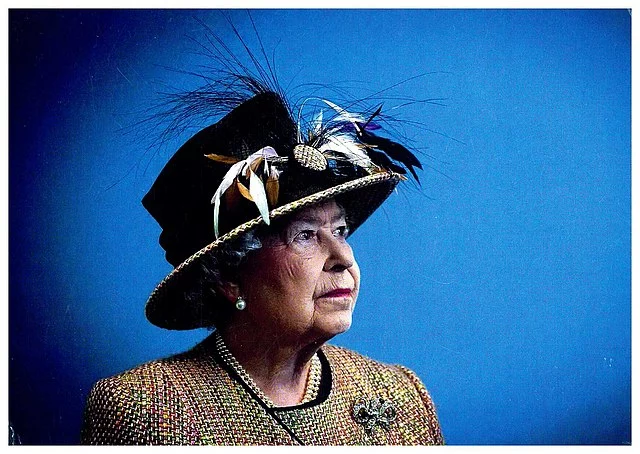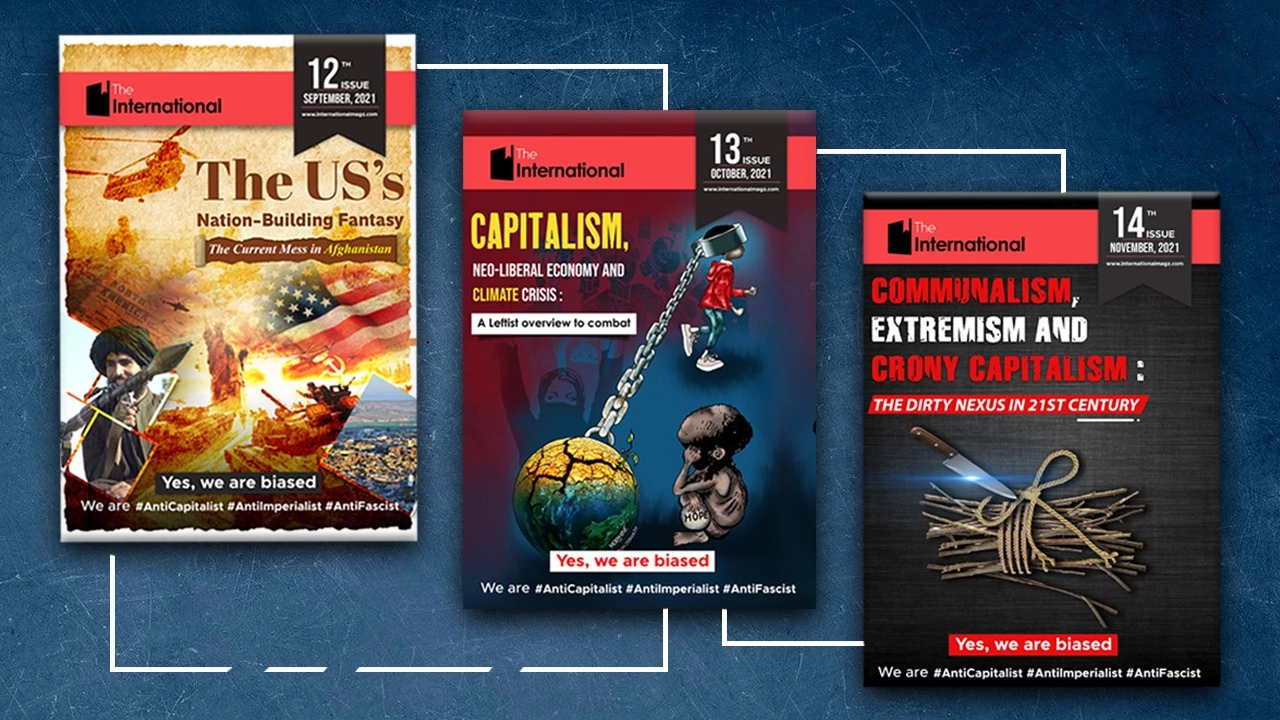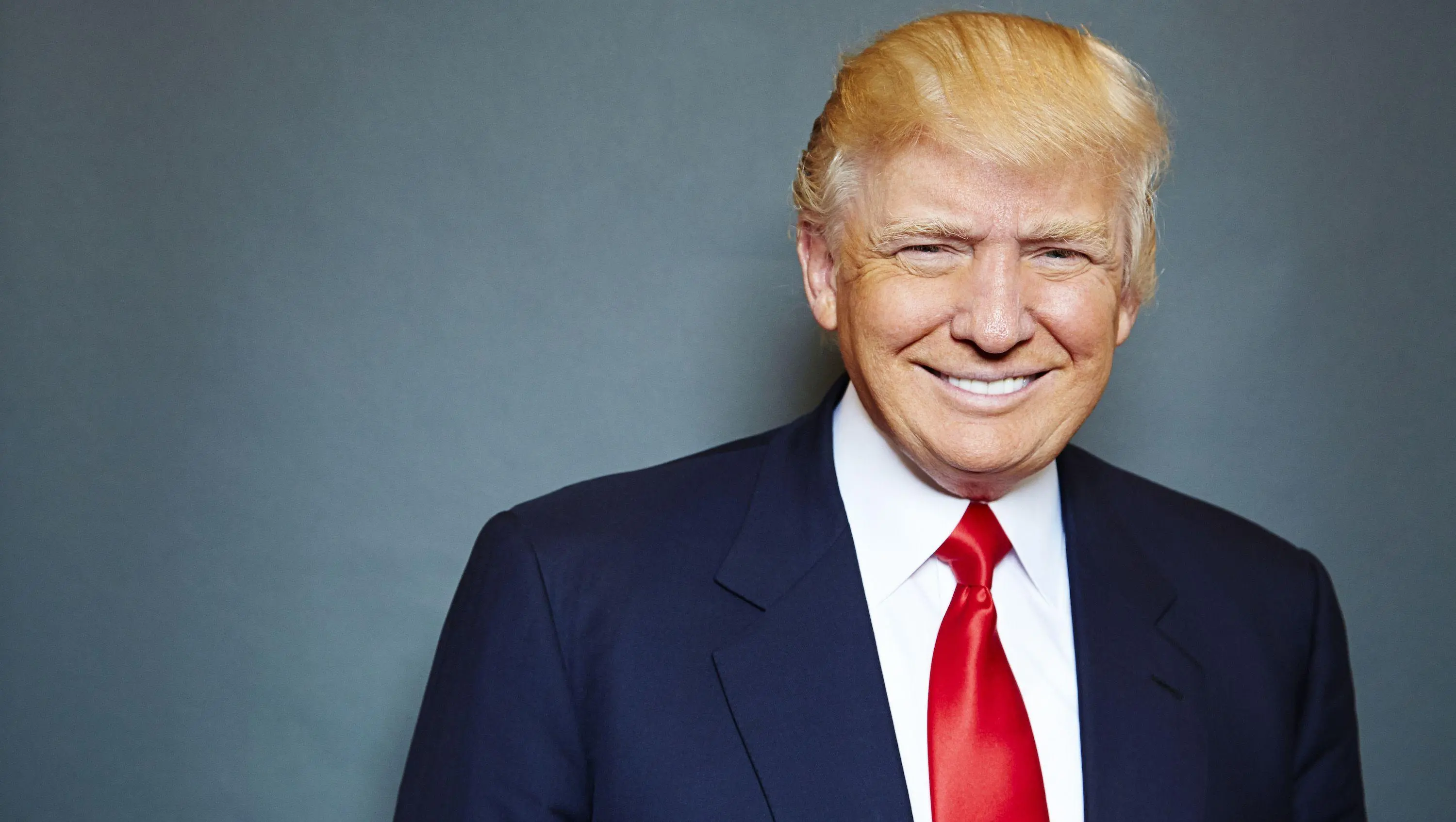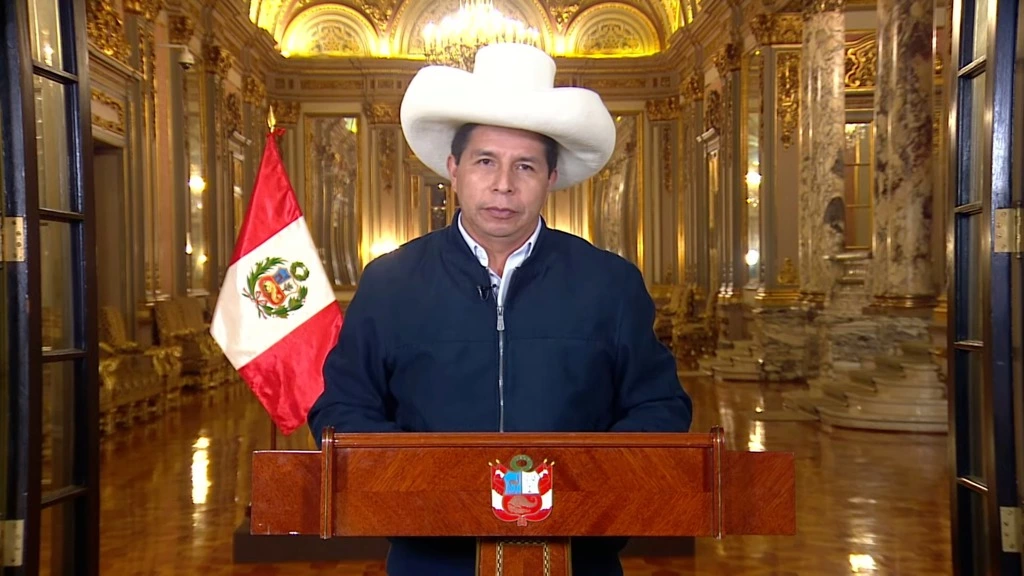The Kohinoor Diamond represents subjugation and supremacy, it’s time to return it.
In the wake of the passing of Her Royal Majesty Queen Elizabeth II audiences have been dazzled by images of the Imperial Majestic Crown, but it contains within its bejeweled arches and ornate framework a diamond that represents the brutality and callousness of the British Empire. The Queen’s passing marks an opportune moment to finally draw a line under the scars of the past and to signify truth and reconciliation between the ruler and the ruled.
That Queen Elizabeth comported herself with remarkable grace, admirable conduct whilst on the throne, devotion to the public, and an almost tangible sense of serenity, good humor, and compassion is without question. No Indian, no person of color, could ever doubt her sincerity and indefatigability but much like her reign itself, her personality was largely ceremonial. She simply existed within her role when she could have done much more. As static as her reign was the Imperial Majestic Crown will be worn once again, this time by the Queen Consort Camilla as King Charles III undergoes his coronation.
That the Kohinoor still remains within that crown impugns the credibility, moral fibre, and supposed benevolence of The Royal Family for perpetuity, that is until it rightly leaves British shores. It represents a dehumanisation of the colonised, allowing for prejudice to manifest for generations to come, to act as an apologia for the racial supremacy of a thankfully crumbled Empire, allowing a wounded island post-Brexit to cling onto illusory victories and a misbegotten sense of nationalism.
That Queen Elizabeth II was shrewd enough to ensure her reign was always largely ceremonial permitted her to appear unimpeachable as former colonies extirpated themselves from the yolk of imperialism. She was quick to take no decisions, made no policies, and as far as the Kohinoor was concerned would brook no interference with maintaining the optics of Empire and by association, the reign then plucked it from the treasure of an entire Sikh kingdom through the hands of an eleven-year-old Maharajah.
If ever one solitary jewel could represent the exploitation, loot, and slavery that the British Empire reveled in during its time in India it would be the Kohinoor diamond, an object of so-called valorous enrichment that today only serves to remind the Monarchy of spoils from a bygone era. The diamond represents exactly the kind of plunder that permitted the longest-reigning monarch to maintain her position and her wealth and to make it possible in the first place. Of what use is it now in the hands, or on the head, of the Queen consort?
Some of the most brutal acts of British colonialism occurred after The Queen had already ascended the throne, such as the concentration camps in Kenya where the Mau Mau freedom fighters were tortured, and any expressions of regret concerning the Jallianwala Bagh massacre of 1919 were offensively negated by her husband’s repeated refusal to accept the body count and depravity of the brutality that galvanised the Indian nationalist movement.
The once colonized would perhaps be too hopeful to expect words of contrition or apology from The Queen during her reign but King Charles III, an individual not exactly circumspect in matters of political expediency or geopolitical influence and lobbying, could well be placed to address this elephant in the room, or the jewel in the crown if you will: the return of the Kohinoor diamond which would address, with frank alacrity, the crimes of Empire and the systematic callous looting of a nation that was one of wealthiest in the world at that time.
The Royal Family turned away from the egregious theft that typified the Empire’s time in India and can only beg for forgiveness. History cannot be erased, but a confession of the heart and mind through returning the diamond can erase the stench that pollinates around the Imperial Majestic Crown every time it is offensively wheeled out as a rebuke to all persons of color who have hitherto been colonized.






